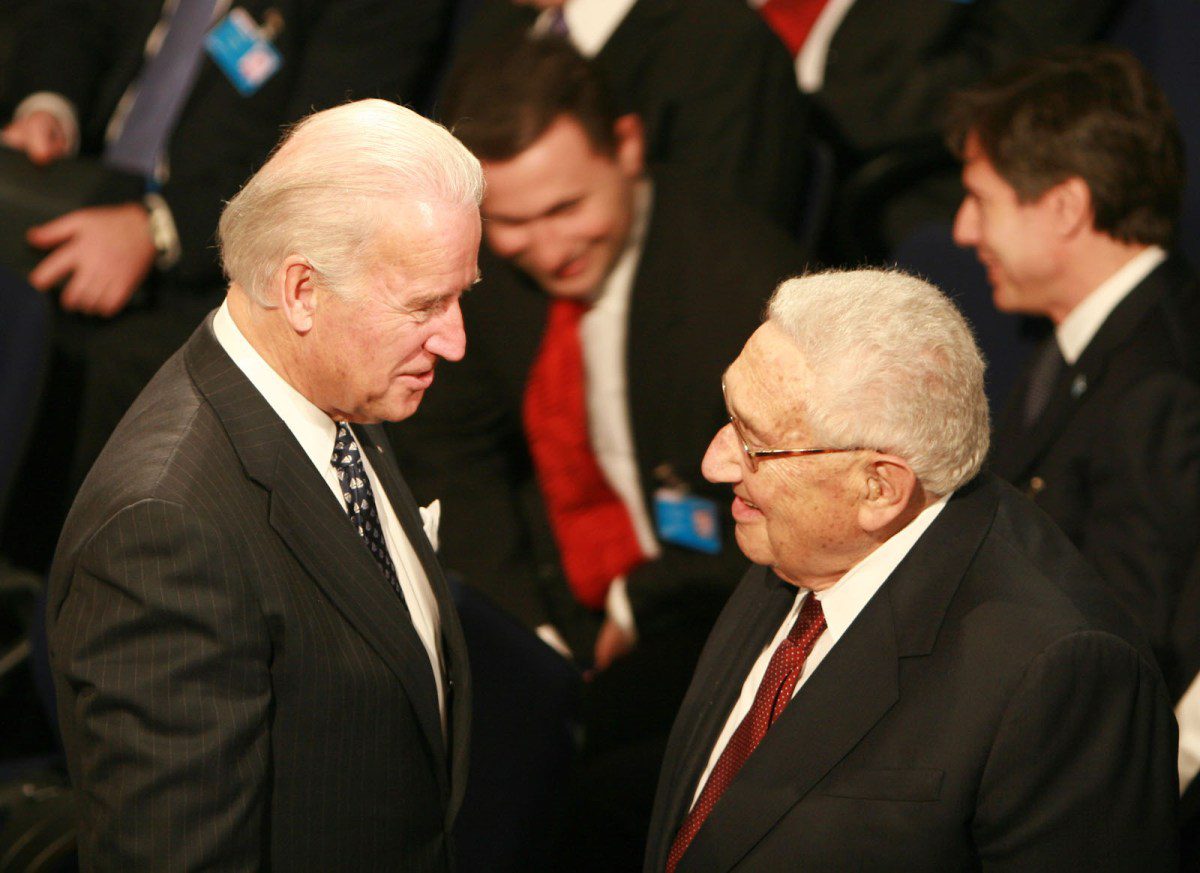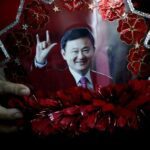Global Courant 2023-05-09 10:37:37
Henry Kissinger says the conditions for negotiations on Ukraine by the end of the year are good. He bases his calculation on the fact that China has emerged as a broker, which to some extent corners the Russians.
However, there is a missing piece in Kissinger’s prediction. While it may not relate directly to China, Russia wants much more than just a deal with Ukraine — though even in that context Russia is likely to accept nothing less than a demilitarized, non-NATO Ukraine.
US thinking on this subject is tempted by being included in the North Atlantic Treaty Organization. In this way, according to Washington experts, the security of Ukraine will be ensured. Otherwise, Ukraine would remain without protection.
Other similar ideas have cropped up from time to time. Among them are ideas that some European states and the US will guarantee the future security of Ukraine. The reason for this approach is that it is increasingly unlikely that the US will have enough votes in NATO to bring Ukraine into the alliance.
While the NATO approach is anathema to Moscow, it is conceivable that some sort of surrogate security system, if clearly defined, could pass Russia.
But even if a deal could be struck on Ukraine’s future security, there are two stumbling blocks.
The first is the territory that Russia now has within the borders of Ukraine. This includes Donetsk, the Zaporizhia region, Kherson and especially the Crimea.
It would be extremely difficult for Ukraine to agree on a permanent solution for the future of these areas. Nevertheless, unless the Russians take a beating militarily in the coming months and are pushed back, Moscow is unlikely to agree to anything less than redrawing Ukraine’s borders.
The current Ukrainian government cannot go down that road, so almost certainly there will be no negotiation unless the Ukrainian government changes hands, or unless the Russians lose.
The other problem in the Russian mind is even more important than Ukraine itself.
Russia believes it is at war with NATO and the United States, and believes that while the war is being fought in Ukraine, it is being supported from bases in Europe and that it is part of a US-NATO plan to destroy Russia. break and split into pieces. -sized pieces for NATO to dominate. Adding Finland and perhaps Sweden to the alliance also increases Russian doubts about NATO and the United States and the collective threat facing Russia alone.
So while Western pundits worry about Ukraine’s future, Russia worries about its own survival.
It is worth recalling that before Russia invaded Ukraine, it sent two messages, one to the US president and one to the head of NATO. One letter – the one to the US – focused on the Ukraine problem; the other, addressed to NATO, called for a new security regime for Eastern Europe. Both letters were ignored and treated with contempt and hostility by both the US and NATO.
If the letters had formed the basis for political negotiations, it is at least possible that Russia’s so-called special military operation would not have taken place. It was certainly a missed opportunity to avoid bloodshed and destruction. The cavalier Western rejection of Russia’s proposals was then used by the Russian security organization as proof that NATO’s intention was to destroy Russia and use Ukraine as a lightning rod.
If the above analysis is correct, it follows that a negotiation limited to Ukraine will not resolve the security crisis that threatens to solve both Russia and Europe. There is ample evidence that fears are on the rise in Europe, where it is clear that the outcome in Ukraine could end badly. There is additional concern that sticking with the Russians could backfire in the future.
It seems that the only practical way out is for European security to be dealt with in a simple way – especially by the United States, which is driving the war in Ukraine and NATO’s enlargement.
It would be good if Kissinger addressed this sensitive but critical security issue.
Stephen Bryen is a senior fellow at the Center for Security Policy and at the Yorktown Institute. This article was originally published on his Substack, Weapons and Strategy. Global Courant republishes it with permission. Follow Stephen Bryen on Twitter @stevebryen
Similar:
Loading…




